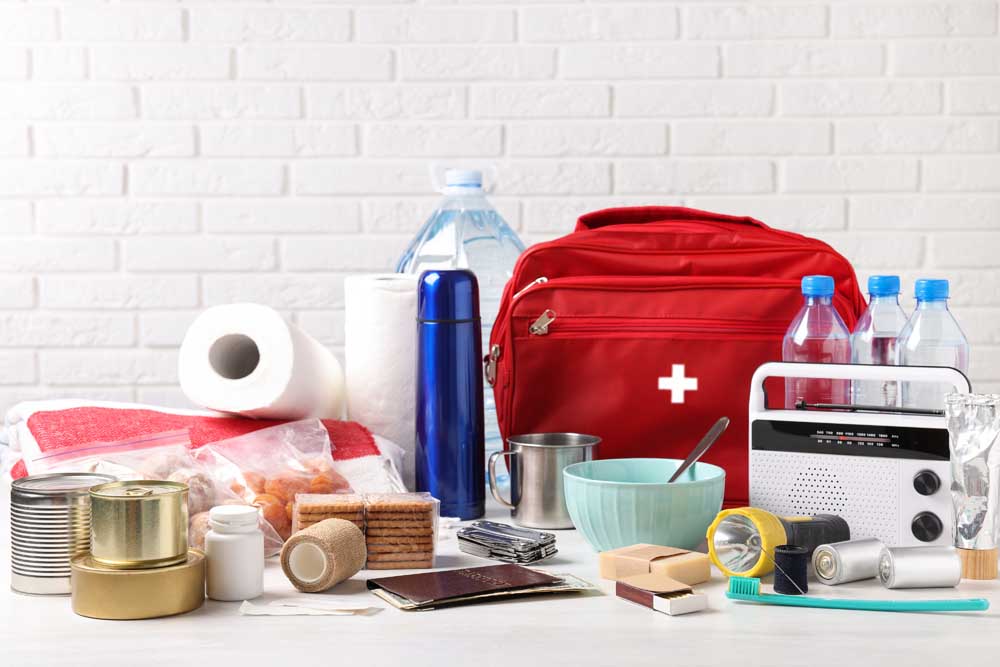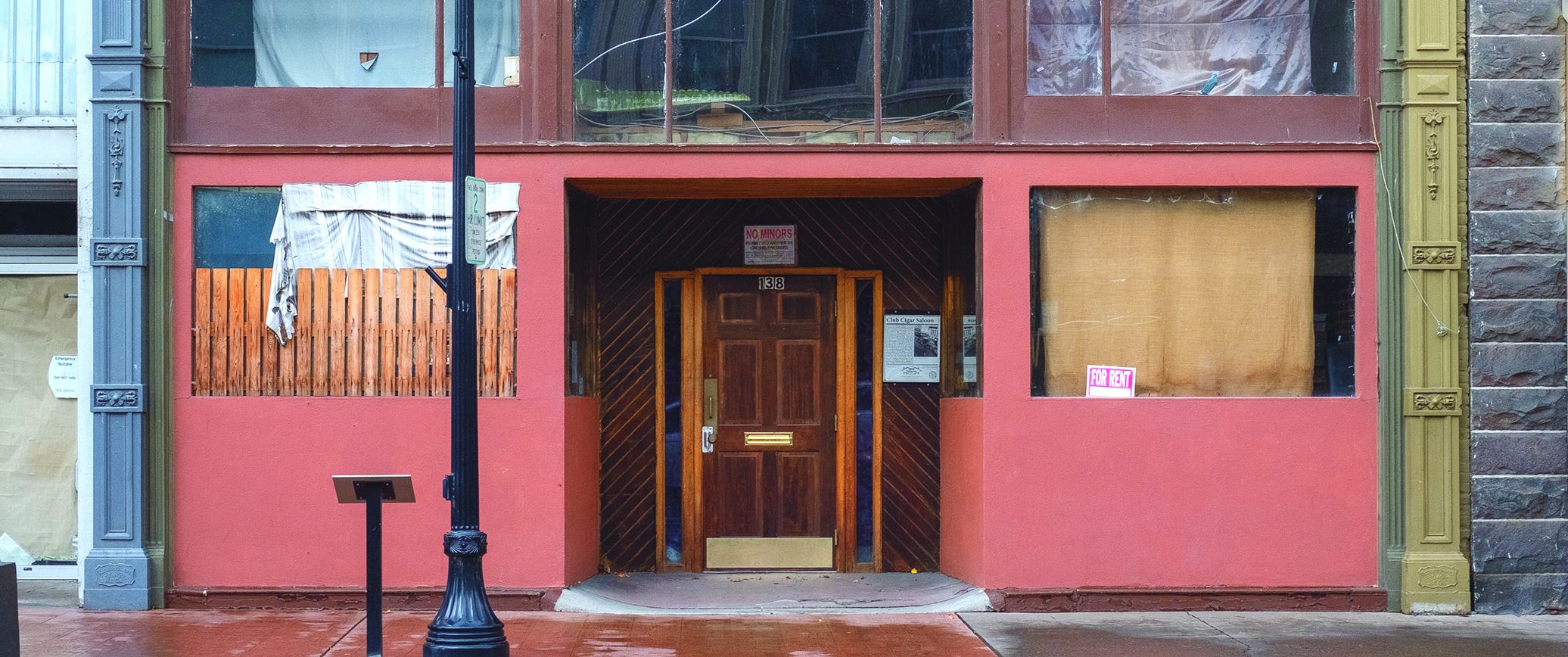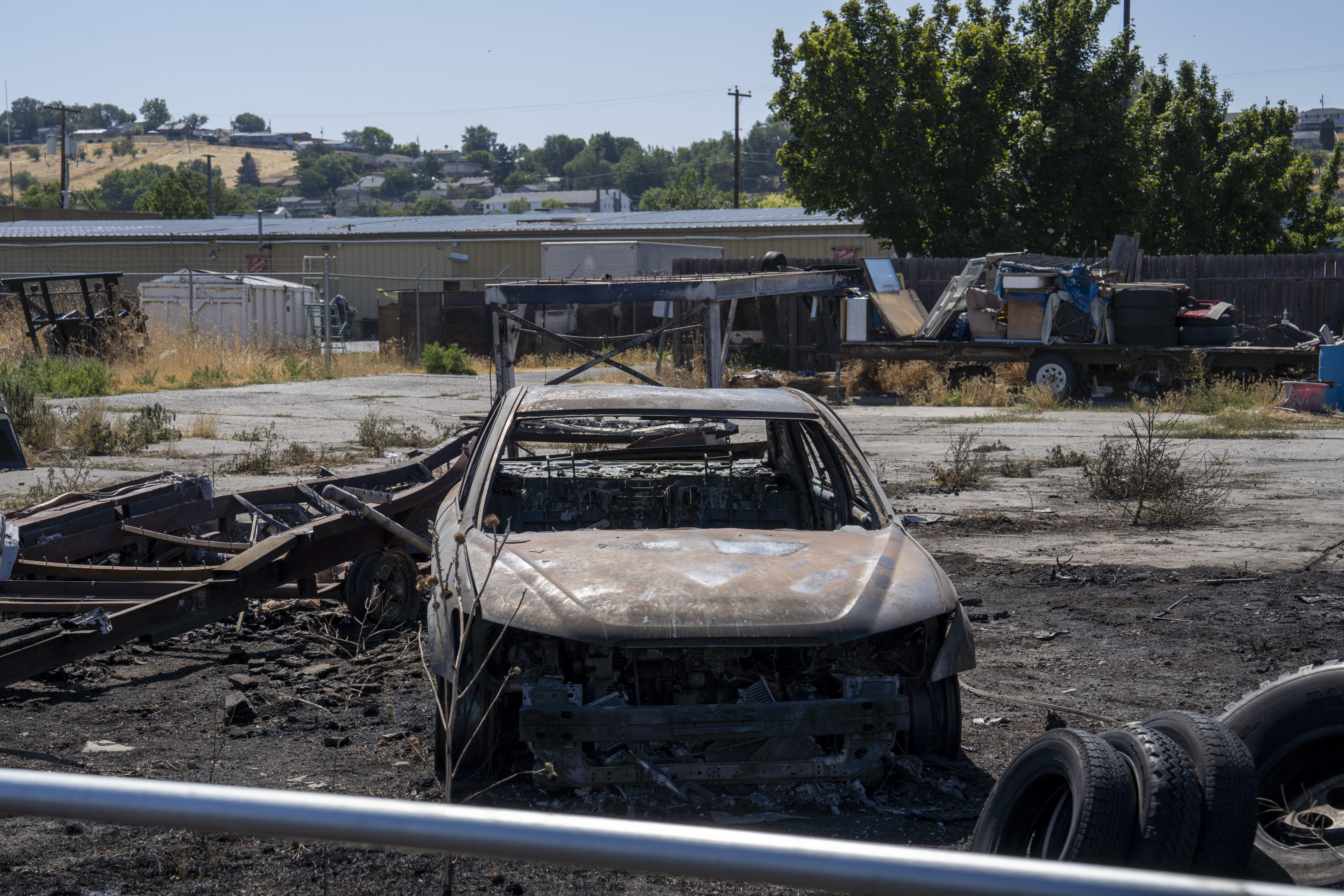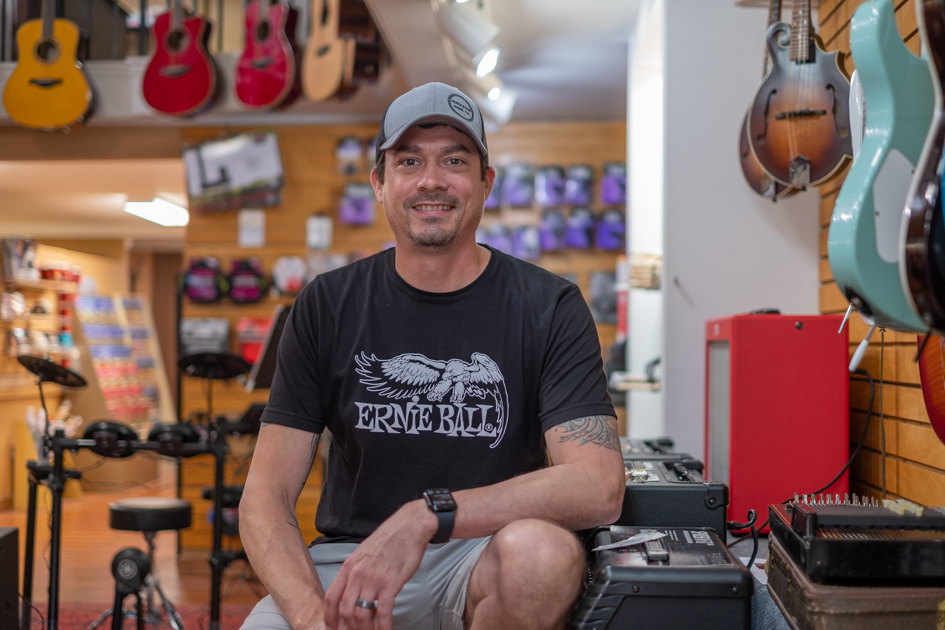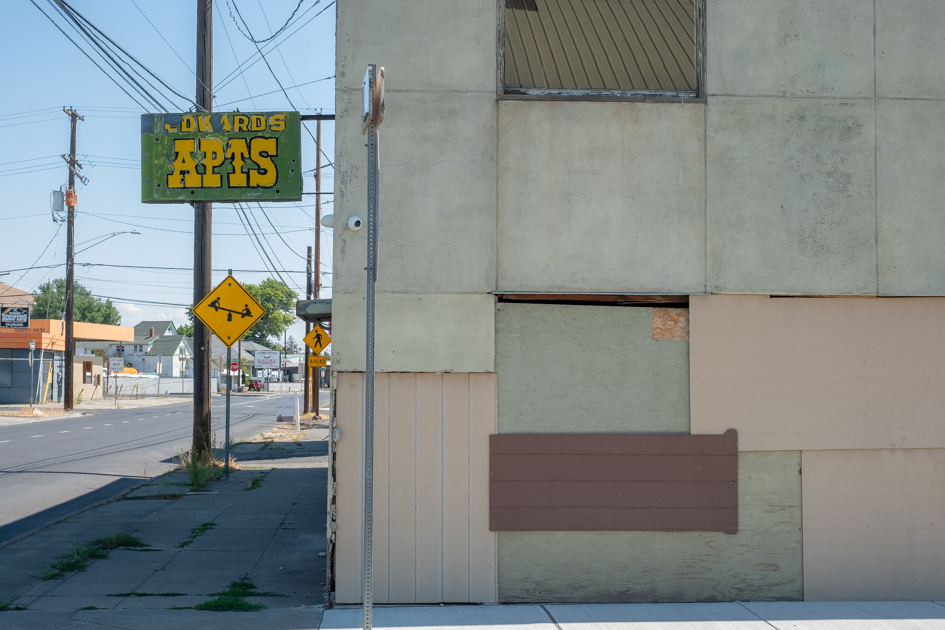State delivers emergency kits to vulnerable Eastern Oregonians as wildfires rage
Published 9:00 am Friday, July 25, 2025
SALEM — As wildfire season continues in Eastern Oregon, hundreds of emergency kits and portable battery stations are reaching the hands of some of the region’s most medically vulnerable residents.
The Oregon Department of Human Services through its Aging and People with Disabilities Services and Intellectual and Developmental Disabilities office manages the distribution of kits and power stations to assist individuals receiving in-home Medicaid care in preparing for emergencies. DHS started the program using federal pandemic relief funds.
According to DHS, it has distributed 930 kits and 176 portable, battery-powered stations to individuals receiving in-home Medicaid care in Baker, Grant, Morrow, Umatilla, Union and Wallowa counties. DHS officials said they are overseeing the statewide rollout of at least 20,000 emergency kits and 1,200 power units purchased with federal funds from the American Rescue Plan.
What the kits and battery stations offer
Trending
The kits include basic emergency supplies, such as flashlights, food rations, blankets, face masks, first aid items and water.
The portable, rechargeable battery stations can power critical medical devices, such as a CPAP machine. DHS Policy, Planning and Development Manager J.D. Tilford estimated the stations would cost an individual $500-$700 each. Tilford said the amount of time the batteries can power devices varies.
He said the initiative was created for safety reasons.
“We have seen over the years an increase in emergencies around wildfires, heat waves. We’ve got ice storms hitting us, floods and power outages,” Tilford said.
According to a federal database on Medicare recipients, at least 2,000 people in Baker, Grant, Morrow, Umatilla, Union and Wallowa counties rely on electricity-dependent medical equipment or certain essential health care services — or both — to live independently in their homes.
How to get a kit or battery
DHS officials said about 18,000 emergency kits and 1,200 power stations are available for people with physical disabilities and older adults receiving in-home Medicaid care. But the department is not planning to purchase additional battery stations or emergency kits.
Trending
“We don’t have ongoing funds to continue purchasing these devices,” Tilford said.
Tilford said individuals who have a case manager with DHS’s Office of Aging and People with Disabilities have a good chance of qualifying.
ODHS officials said people who think they’re eligible should reach out to their case manager. If they don’t know who that is, state officials said they can call or visit their local office.
A list of all state and county offices that provide services is available here.


